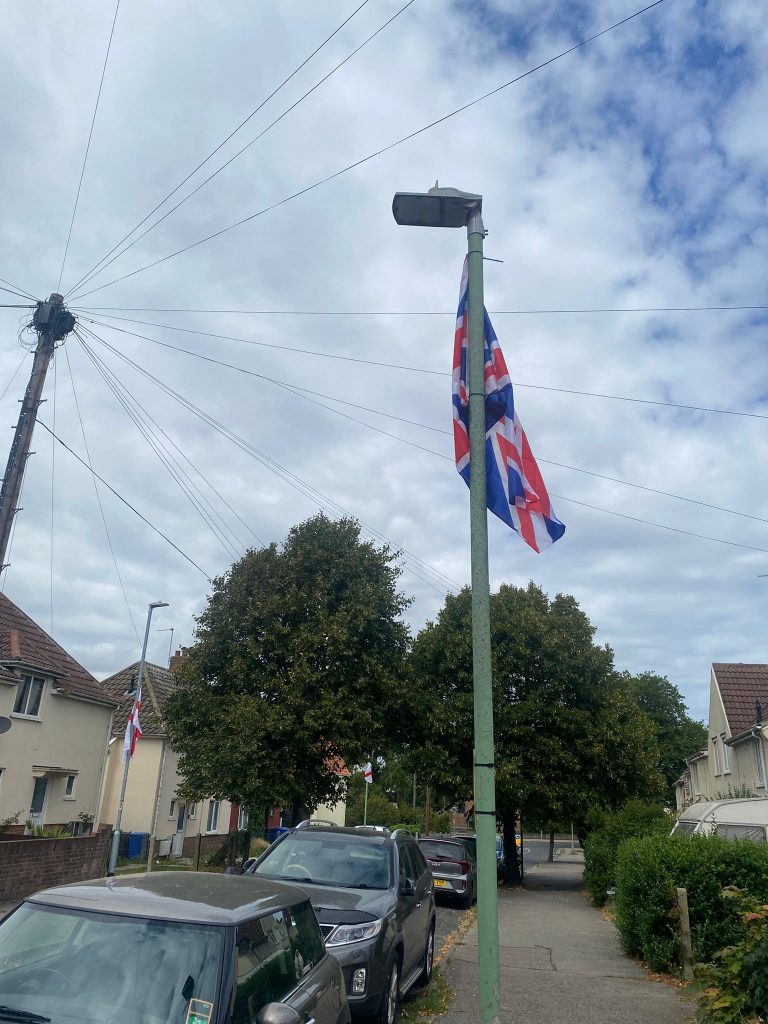Democracy is built on debate, disagreement, and the free exchange of ideas. It requires passion, argument, and, above all, respect for one another’s right to be heard. Yet, time and again, we are reminded that even in societies that pride themselves on openness, those who step forward into public life risk not only criticism but violence and, tragically, sometimes their lives.
The murders of Jo Cox in 2016 and Sir David Amess in 2021 remain stark reminders here in the UK that public service can come with a terrible cost. Both were committed parliamentarians, motivated by a desire to make their communities better, yet both were targeted in moments that should have been the most ordinary, a constituency surgery, a meeting with the people they represented.
Across the world, the picture is no different. In the United States, figures such as Minnesota’s Melissa Hortman have faced threats simply for carrying out their democratic duties. And only yesterday, an attack on Charlie Kirk underlined again that political violence is not limited to one ideology, one nation, or one moment in time.
What unites all these incidents is the brutal attempt to silence voices through fear. But democracy cannot function when intimidation takes the place of dialogue. Violence is never the answer.
Disagreement is natural in politics, essential, even. But disagreement must never become dehumanisation. When we reduce those with different views to enemies rather than opponents, we create the conditions in which violence festers. If democracy is to survive and thrive, we must relearn the art of arguing without hatred, of criticising without cruelty, of holding strong convictions without wishing harm on those who disagree.
Nobody should be killed for participating in democracy. Nobody should be attacked for speaking, campaigning, or representing others. Whatever our politics, we must stand together on this: the ballot box, not the blade or the bullet, is the only legitimate path for change.
Only by rejecting violence, not only in action but also in language, in rhetoric, in the way we treat one another online and off, can we ensure that democracy endures as the safeguard of freedom it was always meant to be.
@Newdaystarts











